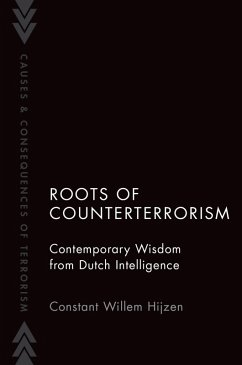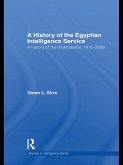The dominant narrative in intelligence studies portrays the evolution of intelligence from Cold War times to the present as one of increasing complexity. But Western intelligence and security services have countered terrorism before: terrorism became an important threat from the end of the 1960s onwards. Counterterrorism efforts before 9/11, however, differed from those employed post-9/11, not only in the way threats were perceived, but also in the repertoires of action that emerged to counter them. Using newly declassified primary sources,
Roots of Counterterrorism puts into focus how the rise of terrorism in the 1970s challenged the existing perceived core functions of intelligence, specifically in the Netherlands. Constant Willem Hijzen analyses how the Dutch domestic security service
Binnenlandse Veiligheidsdienst (BVD) scrutinized traces of terrorism from 1968, when Spanish anarchists bombed embassies in The Hague, until the South Moluccan attack of 1978, after which the threat of terrorism and political violence diminished. Unlike counterterrorism in the post-9/11 era, prevention was not the primary goal. Instead, the Dutch security service launched intelligence investigations into the suspected perpetrators of attacks, provided hands-on assistance during terrorist incidents, and advised the police and the Justice department.
Roots of Counterterrorism sheds new light on Dutch intelligence history, but also on the dynamics of international intelligence cooperation, operational complexities, and more fundamental questions in intelligence and security studies about the essence and evolution of intelligence and intelligence organizations.
Dieser Download kann aus rechtlichen Gründen nur mit Rechnungsadresse in A, B, BG, CY, CZ, D, DK, EW, E, FIN, F, GR, HR, H, IRL, I, LT, L, LR, M, NL, PL, P, R, S, SLO, SK ausgeliefert werden.









